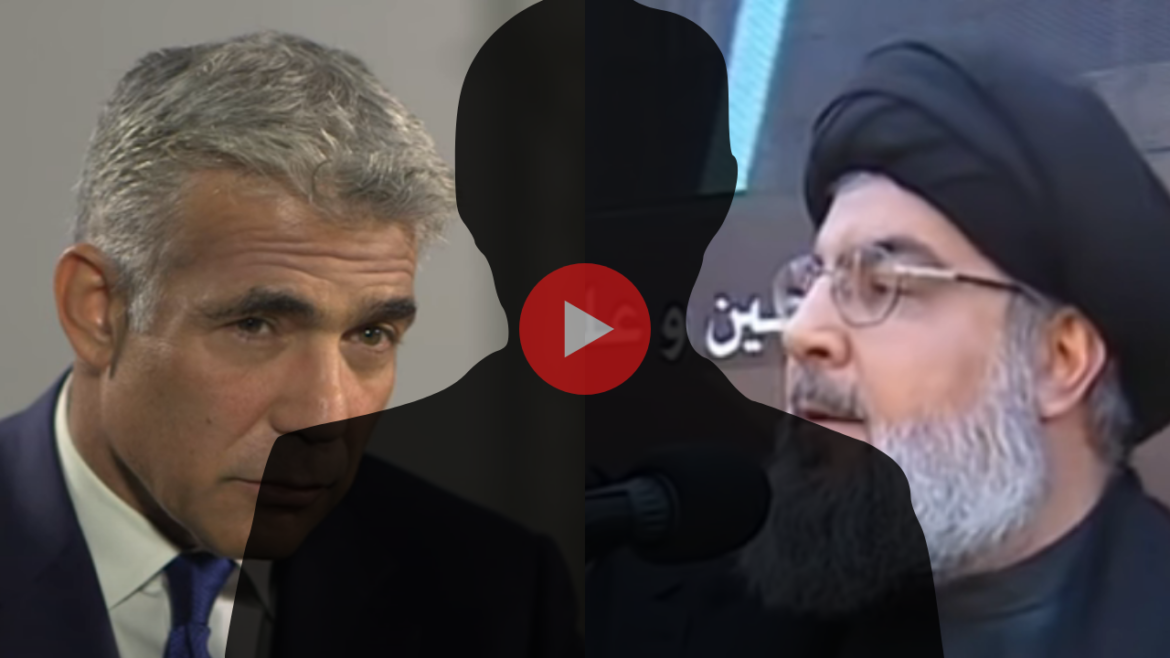As Europe moves towards winter, its reliance on Russian gas for heat and energy is already beginning to take its toll. While Israel does not have the gas supplies to replace all of the gas Russia has now stopped sending to Europe – it still has quite a bit.
The current dispute between Lebanon and Israel over their maritime border and the Karish gas field has far reaching implications, not just for Israel, but for Europe and beyond. For a number of years, Israel has been excavating and exporting gas from just off its coast. No other country has claimed these fields until now.
It is easy to assume the simplest reason is that Lebanon wants a slice of the action, but in the Great Game of Middle Eastern and Eurasian geopolitics, the simple is never the real reason. Proof of this, is despite the Lebanese government’s potential maritime deal with Israel, Hezbollah has still threatened to attack the gas field is Israel turns it on – with or without an agreement with Lebanon.
We all understand that Hezbollah wants to eventually start a war with Israel. Would they do this over the Karish gas field? Are they so bolden as to not only fight Israel directly over the gas field, but in the face of a deal that Lebanon signed with Israel? Hezbollah has always prided itself on carefully working within the Lebanese political arena.
Hezbollah would only start a war over the Karish gas field if someone far more powerful than Lebanon were telling to do so. So who is that someone?
The first thought is its Iran. Battered and bruised in Syria, the Ayatollah would have reason to fight back and the Karish gas field appears at first glance to be a reasonable trigger. However, Iran is not yet ready to aid Hezbollah in fighting Israel.
The more likely player is Russia. Putin’s whole strategy in Ukraine and beyond has been to use Europe’s reliance on Russia’s gas as a weapon and so far it has worked masterfully. However, this weapon only works if there are no other players offering to inject gas into the European continent.
With Israel’s ascent as a gas exporter continuing, the Jewish state is disrupting Putin’s European strategy thus making it an enemy of Russia. While Iran may be involved in supporting Hezbollah in case a war breaks out, Putin most certainly is pushing Hezbollah towards the kind of conflict necessary to force Israel to hold off or delay production.
Russia and Iran are currently working together as can be seen by Russia’s purchase of Iranian attack drones for use in Ukraine. It is not a stretch to assume they are working together against Israel through Hezbollah as well.
Where is this all heading?
Unfortunately for Israel, the immediate future appears to be dictated by the war in Ukraine and Putin’s energy strategy. Any direct conflict with that puts it in Russia’s cross hairs – either directly or indirectly.


